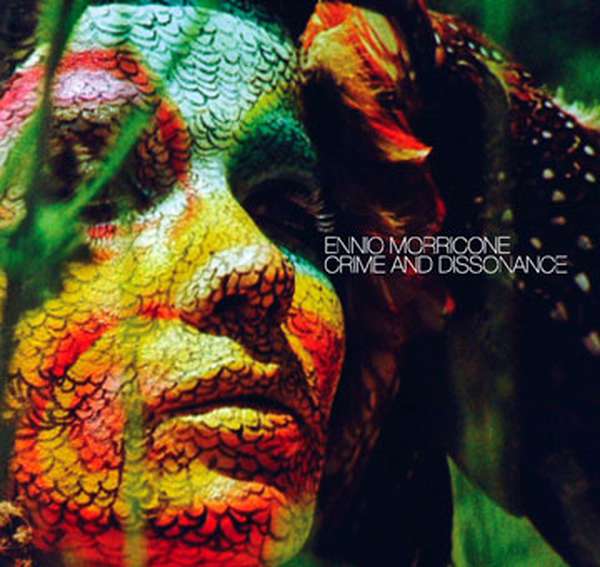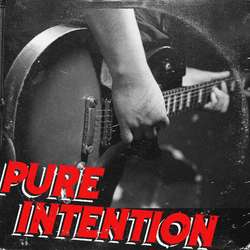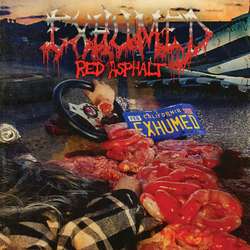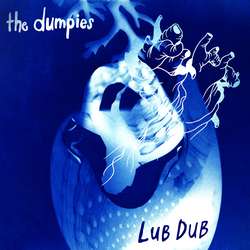This is a biased review. Fuck you, you don't know me. I refuse to review this on the same bell curve as your lame little emo band. Genius is genius, period. And now, the review......
There are few living composers spoken of with more reverence than Ennio Morricone. Arguably (don't argue) the most famous film composer since the birth of cinema and certainly the most prolific, Morricone is best known for his collaborations with director Sergio Leone and even more well known for his scoring for Leone's "man with no name" trilogy: A Fistful of Dollars; For a Few Dollars More and The Good, the Bad, and the Ugly.
For anyone that still doesn't know what I'm talking about, let me give you a frame of reference: you know how every time you see Metallica in concert, just before they come out you hear "some kind of symphony shit" over the PA? That's L'estasi Dell'oro from the aforementioned The Good, the Bad and the Ugly, you philistine. It's for all these reasons that Morricone has unjustly become synonymous with the western. I say unjustly, because of the literally hundreds of films Morricone has composed for, only thirty of them were for westerns. For most, that leaves a whole lot of unknown music to familiarize yourself with.
They've been releasing Morricone compilations ad infinitum for years, but none have been compiled with more care and respect for the artist than Crime and Dissonance. Morricone has been composing music for films for over 40 years and between 1968 and 1974, was averaging about twenty scores a year. It's during this six year period that the music for this album has been culled. Compiled by the Sun City Girls' Alan Bishop, you can really tell this was a labor of love for Mike Patton and everyone at Ipecac.
It's hard to encapsulate such a career on a single (albeit 2 disc) release, but Crime and Dissonance comes closer than any previous compilation without the guilt of repetition. Many of the compositions use more electric instruments and sparse arrangements as opposed to a full orchestral piece and this is where the charm lies. You'll still get the lush, surreal soundscapes Morricone is known for, but it's done with a guitar, solo percussion or soft strangled whisper. It's music that can be very visceral. You hear these sounds and although you may have no idea what scene the composition was written for, your mind makes these cursive vignettes in your head that have no other reference other than the frame that the composition has put around it.
There's very little music that I would consider essential, but without a doubt, this album is. Get it. Get it now.



